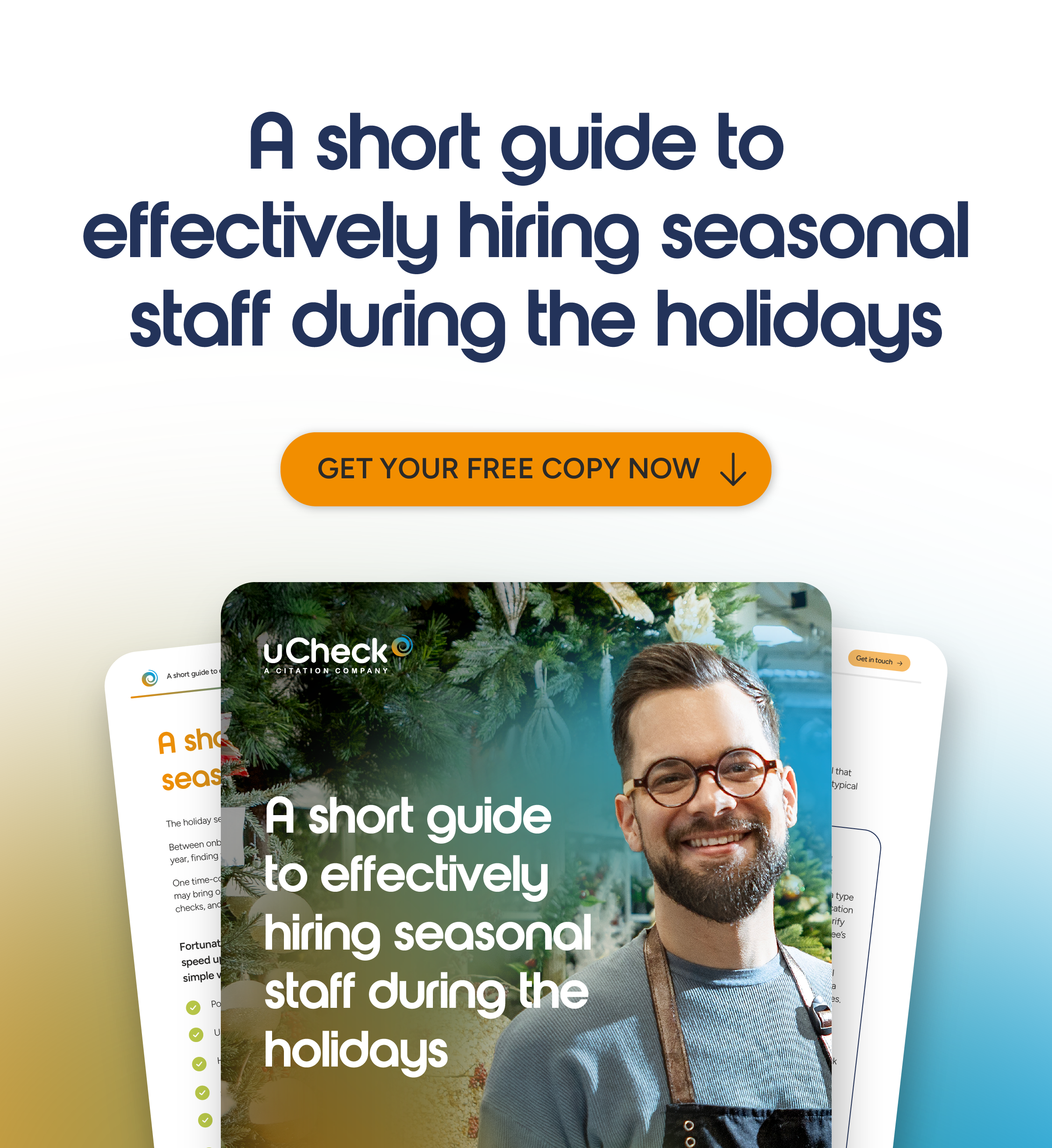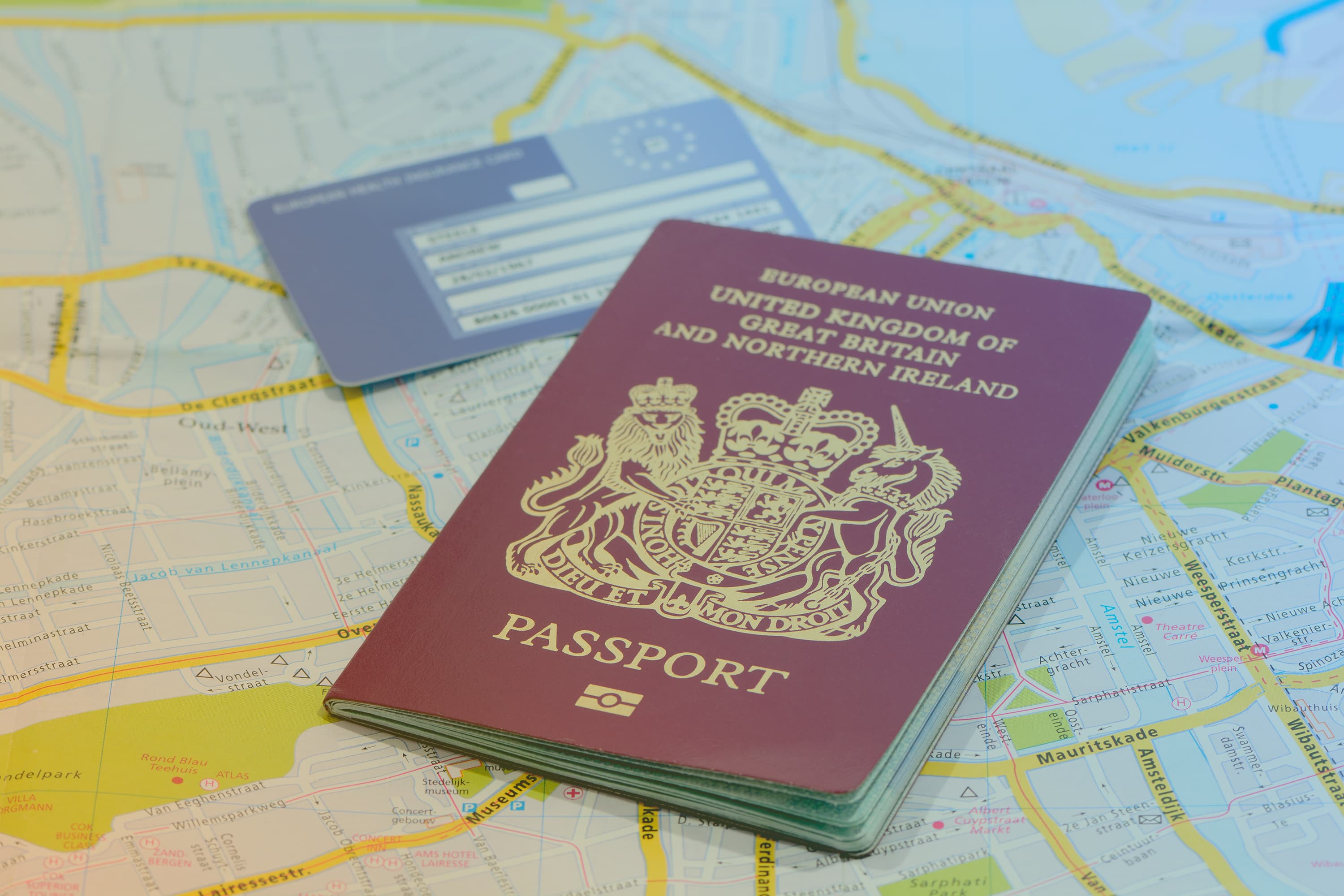There are some instances when a teenager will need to undergo a DBS Check for work experience.
There are also cases where a member of staff at the company welcoming someone on work experience needs screening too.
Doing a work experience placement can be hugely beneficial. It gives students an insight into the world of work, equips them with new skills and knowledge and helps them make informed career decisions. But do they need DBS Checks for work experience?
Do you need a DBS check for work experience?
Firstly, this depends on their age. Only students aged 16 or over can have a DBS Check. If they’re 16 or over, then the usual eligibility criteria will apply.
If the student will be carrying out regulated activity with children and/or adults as part of their work experience role, they’ll be eligible for an Enhanced DBS Check with a check of the relevant barred list. This is stipulated by the Rehabilitation of Offenders Act 1974 and examples could include working in a school, nursery, care home or hospital. Children with a juvenile offender’s record may also be asked to have a DBS Check.
For example, somebody doing a placement in a school as a teaching assistant would be eligible for an Enhanced Check with a children’s barred list check. That is as long as they meet the frequency of at least once a week (or three or more times) in a 30-day period.
A student working in a hospital with access to patients but isn’t providing any care or other regulated activity would be eligible for a Standard DBS Check.
Work experience supervisors
However, it’s not just those going on work experience who may need a DBS Check.
Anyone supervising someone on work experience could need an Enhanced DBS Check. This is likely if the child on work experience is under the age of 18 and particularly if the supervisor will need to spend every day or long periods of time alone with the child.
The school may ask the work experience supervisor at the place of employment for a DBS check. The school is especially likely to do so if the work experience placement will last at least two weeks.
This will apply to anyone who supervises a child on work experience in the following scenarios:
- Someone supervising a child aged under 18 who is doing work experience that is not part of the child’s usual employment (including voluntary work).
- Someone supervising a child aged under 16 who is doing work experience that is part of the child’s usual employment (including voluntary work).
- Someone supervising a child aged 16 or 17 who is on a work experience placement arranged by their school or as part of the Duke of Edinburgh Award, if the supervisor has been employed specifically for the purpose of carrying out a regulated activity with the child.
There is one more vital aspect of work experience that an employer needs to be aware of.
Any employer who knowingly lets someone on either the DBS Adult’s Barred List or DBS Children’s Barred List have regular activity with the child is committing an offence. Therefore, employers should be confident of their staff’s background before allowing anyone to join them on a work experience placement.
Do students on work experience qualify for volunteer DBS Checks?
The DBS provides disclosures for volunteers free of charge. However, there’s a specific set of requirements that volunteers must meet to be eligible for one of these checks.
Anyone who is carrying out a placement as part of their course is not classed as a volunteer, so they can’t have a volunteer DBS Check – they need to have a paid for check.
Get your DBS Checks for work experience today!
We hope this blog has answered your questions about DBS Checks for work experience, but if you need any more information we’d be happy to talk things over.
Be sure to get in touch with us if you have any further questions. You can apply for a number of DBS Checks through our simple online platform – most checks are completed within 48 hours. Get started now.







